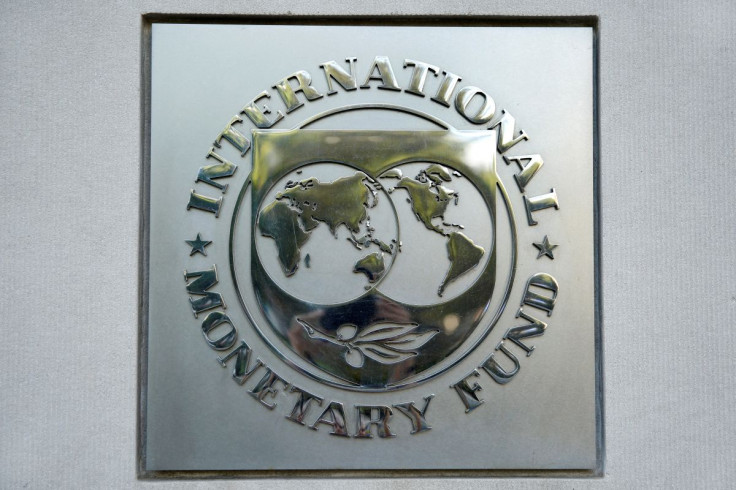IMF Forecasts Australia's Inflation To Hit 3.6% By 2025, Exceeding Earlier Projections

The International Monetary Fund (IMF) has predicted that Australia would be one of the only two advanced economies expected to surpass 3% headline inflation by the end of next year.
The IMF revised its 2025 forecast for Australia's consumer price index to 3.6%, a significant increase from its previous 2.8% projection. This marks a tectonic shift, contrasting with the Treasury's May forecast of a decrease to 2.75% by mid-2025, News.com.au reported.
Australia's inflation forecast ranks the second highest, trailing right behind Slovakia, according to the IMF. Notably, Australia's 3.6% forecast exceeds New Zealand, the U.K., the U.S., Japan, and Singapore by a full percentage point.
The Reserve Bank of Australia (RBA) has already sounded an alarm about the imminent inflationary pressures in the last quarterly statement on monetary policy. In August, the RBA revised its forecast, which predicted headline inflation to decline to 3% by year-end, 2.8% by June next year, then surge to 3.7% by the end of 2025, and finally ease to 2.6% by 2026, ABC reported.
Coalition finance spokeswoman Jane Hume said the projections imply "there is a problem with Australia's homegrown and sticky inflation."
"Jim Chalmers and Anthony Albanese have been saying for some time that this is a global phenomenon that Australia is caught up in but clearly if we are up there with only Slovakia as a comparable country, the IMF are telling us that there is a problem with Australia's homegrown and sticky inflation and, indeed, they're calling ... for governments to show restraint in their spending so as not to fuel the inflation fire for longer and that's what we've seen," Hume was quoted by News.com.au, as saying.
Economists attributed the predicted 2024 inflation surge to the removal of state and federal energy rebates, which skyrocketed energy prices. However, the RBA remains unfazed, viewing the spike as short-term.
© Copyright 2025 IBTimes AU. All rights reserved.





















